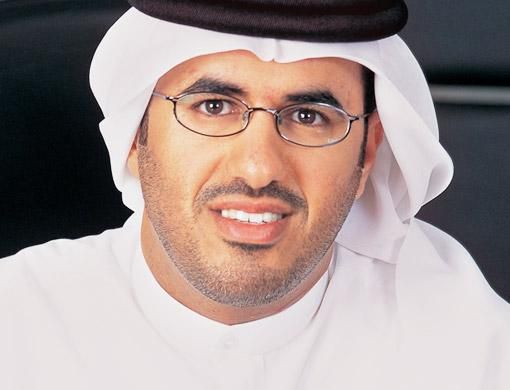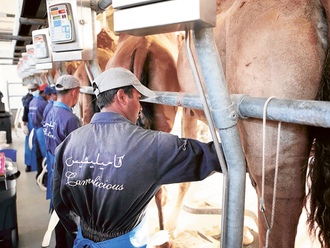Gulf News: What do you consider the most powerful tool ADTA possesses?
Al Muhairi: Connectivity. The UAE is well connected with the rest of the world and Abu Dhabi is becoming a hub for business delegations.
Gulf News: Why does ADTA consider business tourism more rewarding than leisure tourism? Why not focus on both equally?
Al Muhairi: ADTA has noticed that businessmen are the biggest spenders - be it on shopping, leisure and beverages - when they visit Abu Dhabi for meetings. We do want to achieve equal economic returns between both business and leisure tourism and are working hard on that. I think once projects with cultural landmarks such as LuLu Islands, Al Yas, Bani Yas Island, Wild Life Reserve and the Desert Island in the Western Region are complete, we will be able to achieve that balance.
Gulf News: What are Abu Dhabi's strengths and weaknesses?
Al Muhairi: Accommodation is a major issue. Rents are high and not enough space is available. Hopefully, with the growing number of hotels, things should look slightly better. Etihad Airways and the new Abu Dhabi Airport expansion are both major cornerstones in tourism growth; ongoing conferences and exhibitions are another strong pillar, and very soon art and culture will expand and improve leisure tourism.
Gulf News: What are your immediate concerns for the tourism industry?
Al Muhairi: It's looking good, my concerns are minimal. Abu Dhabi is one of the world's richest states with 9.2 per cent of proven global hydrocarbon reserves. Realising the challenges posed by the country's heavy economic reliance on finite carbon reserves, the emirate's leadership is actively pursuing economic diversification.
Gulf News: So how do you identify with the current tourism situation in Abu Dhabi?
Al Muhairi: Tourism is a high potential economic driver. The ADTA has a five-year strategic plan from 2008 to 2012, which aims to deliver 2.7 million hotel guests by the end of 2012. Tourism targets are to be achieved by focusing on sector standardisation, enhancement of the tourism experience, improved destination access, increased international marketing, additional product development and capitalisation and preservation of culture, values and traditions.












